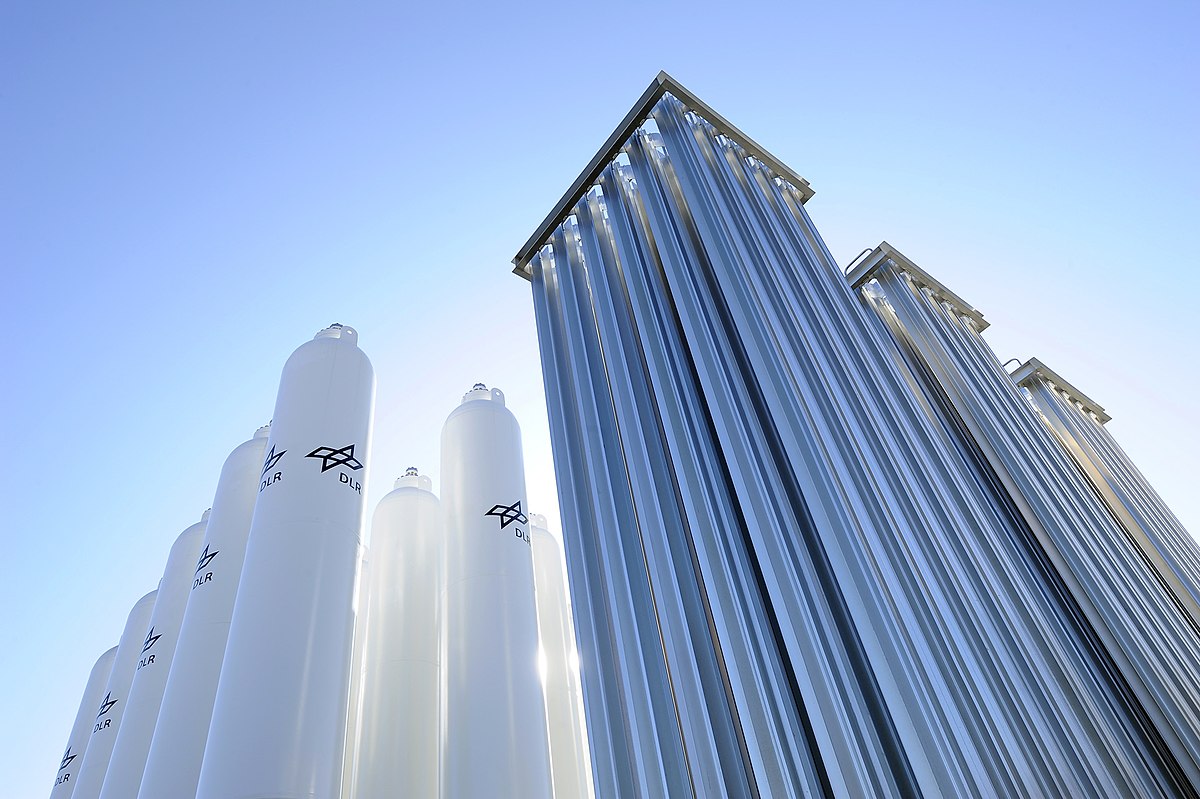From pv magazine Germany
UK-based Aurora Energy Research has analyzed the cost of producing hydrogen from electrolyzers under four different business models in eight European countries.
The report shows that green hydrogen could be produced in some European countries in 2030 for around €3/kg, thus reaching cost parity with blue hydrogen, which is produced from natural gas, with storage of the carbon dioxide released in the process. However, it cannot compete with gray hydrogen – for this, the costs would have to drop to around €2/kg.
A comparison of different business models shows that the most competitive system design differs from country to country and even from region to region. In countries such as Norway, Spain and Great Britain, the cheapest way to produce green hydrogen would be to couple an electrolyzer with solar and wind energy systems directly on site. The researchers said the ideal business model here would be to optimize capacity utilization via a flexible adjustment to the respective wind and solar power capacity.
Popular content
According to Aurora Energy Research, Germany is one of the countries with the highest production costs. The cheapest projects in Germany are grid-connected electrolyzers that can be operated flexibly. In this way, periods of high electricity costs can be avoided and operating costs can be reduced. Due to high connection costs and network fees, green hydrogen in Germany will not reach cost parity with blue hydrogen until the mid-2030s, said the researchers,
Aurora Energy Research has also modeled what would be necessary to achieve production costs of €2/kg. With an electrolyzer utilization rate of 50%, average electricity costs of €10/MWh would be needed, and this is unrealistic, at least over the next few years. Targeted support from governments is therefore needed in the 2020s to promote the development of a green hydrogen economy and reduce costs, said the researchers.
This content is protected by copyright and may not be reused. If you want to cooperate with us and would like to reuse some of our content, please contact: editors@pv-magazine.com.


5 comments
By submitting this form you agree to pv magazine using your data for the purposes of publishing your comment.
Your personal data will only be disclosed or otherwise transmitted to third parties for the purposes of spam filtering or if this is necessary for technical maintenance of the website. Any other transfer to third parties will not take place unless this is justified on the basis of applicable data protection regulations or if pv magazine is legally obliged to do so.
You may revoke this consent at any time with effect for the future, in which case your personal data will be deleted immediately. Otherwise, your data will be deleted if pv magazine has processed your request or the purpose of data storage is fulfilled.
Further information on data privacy can be found in our Data Protection Policy.